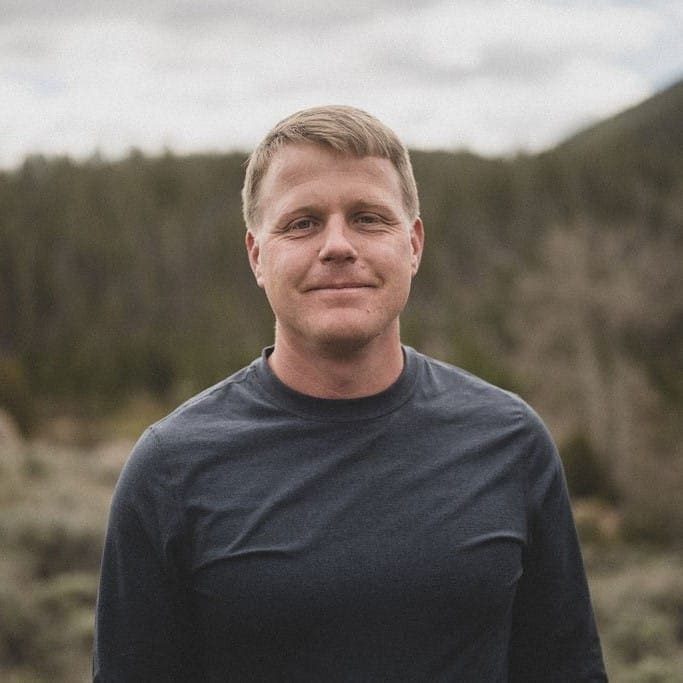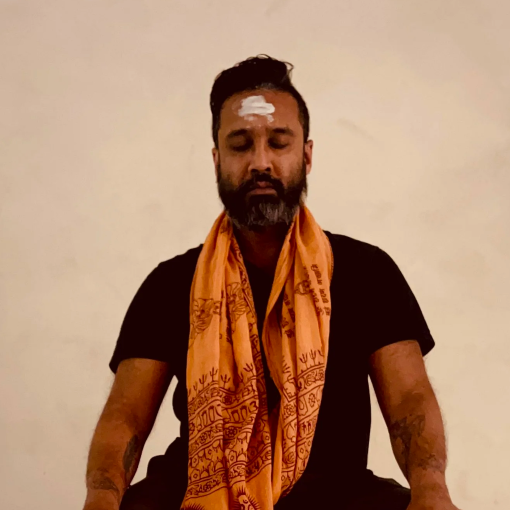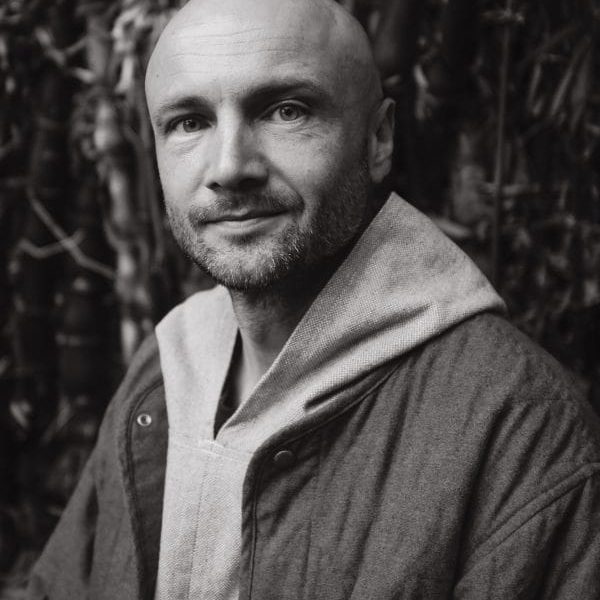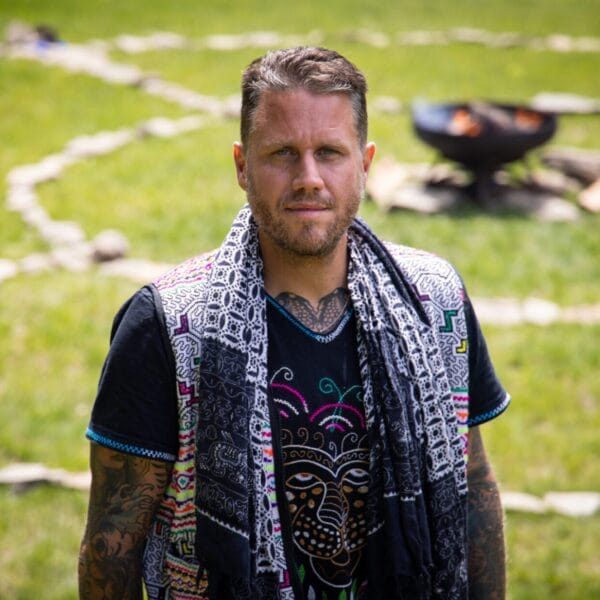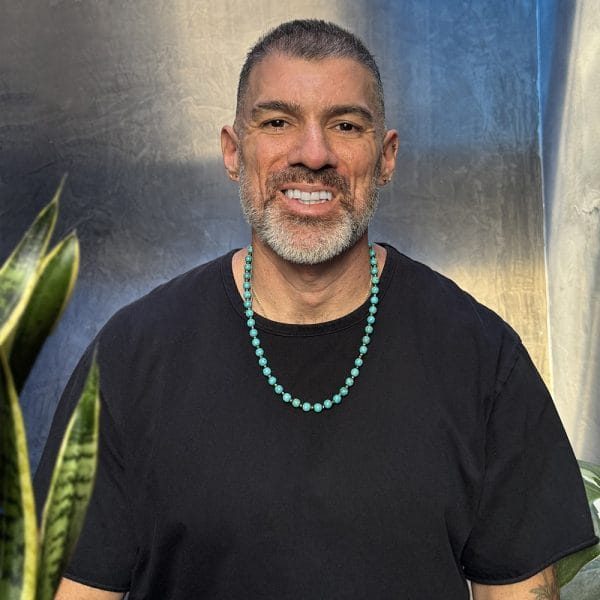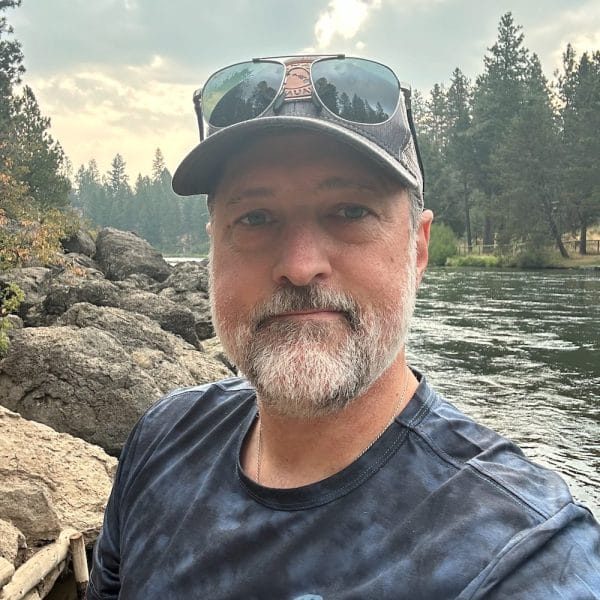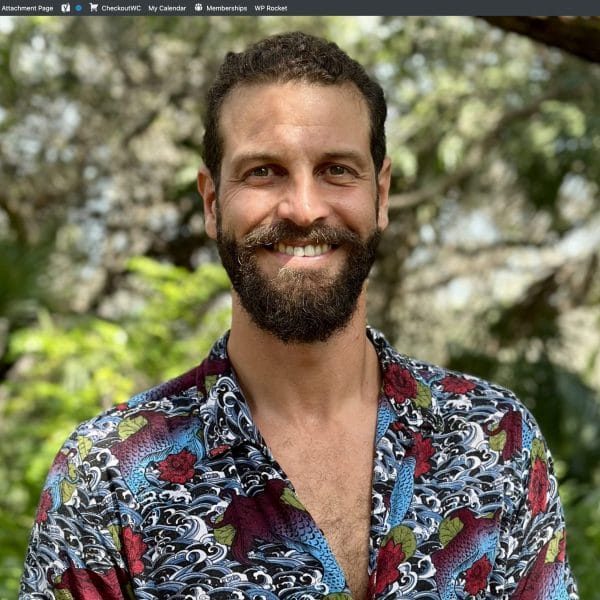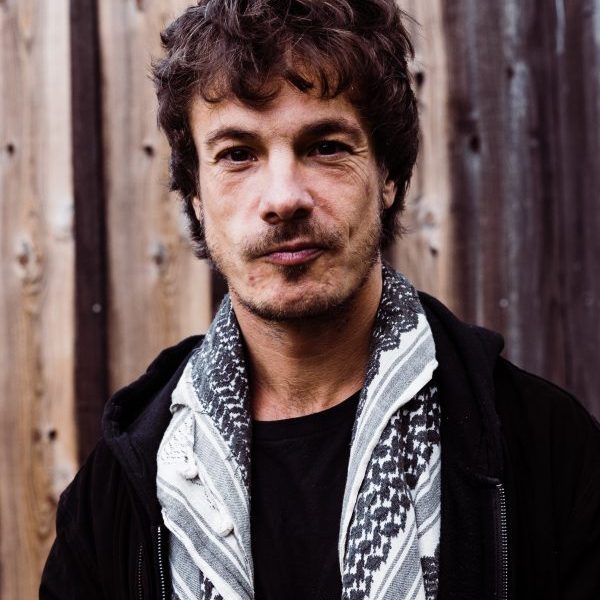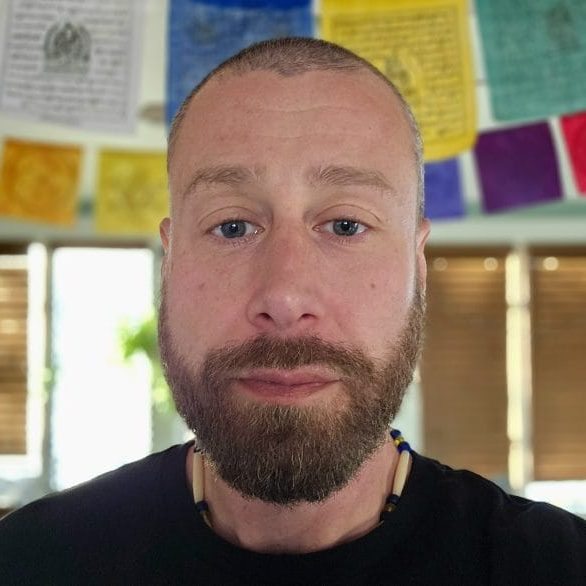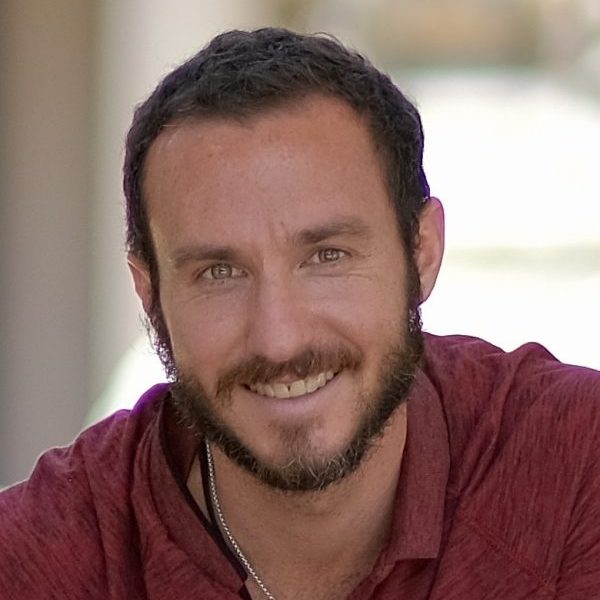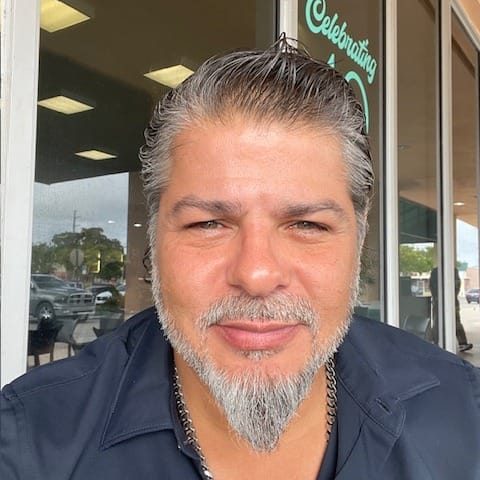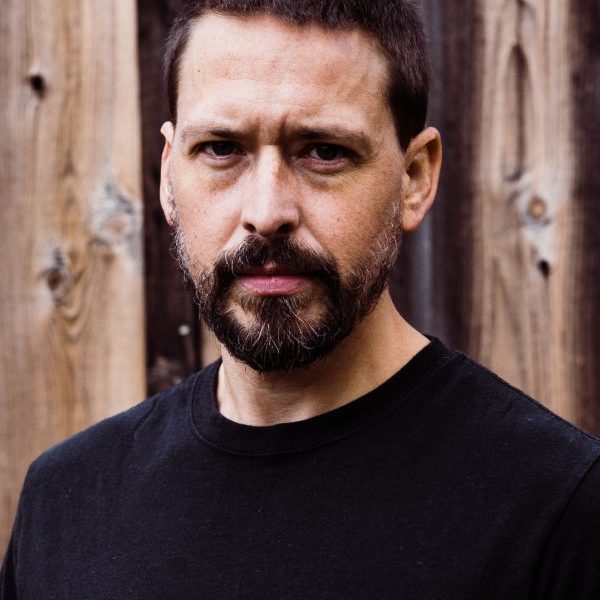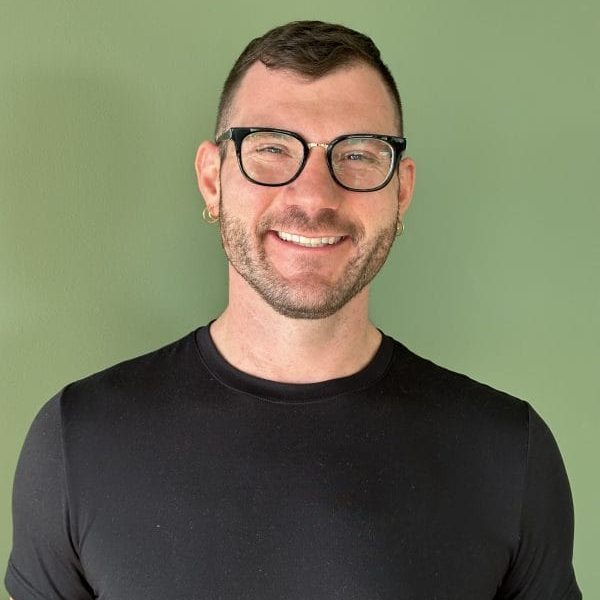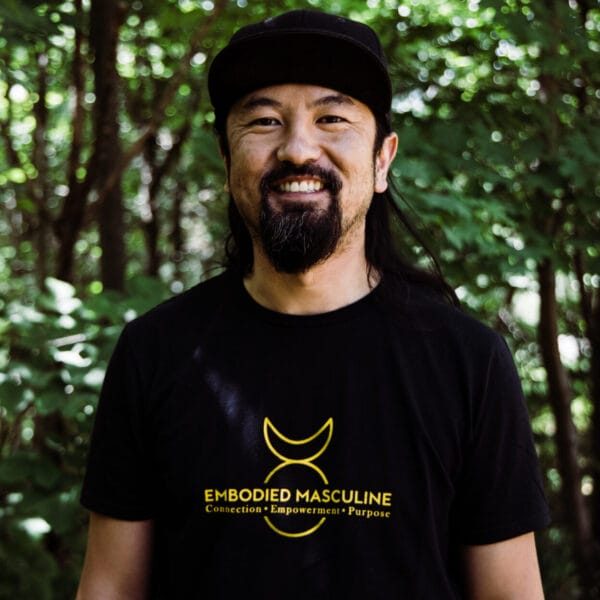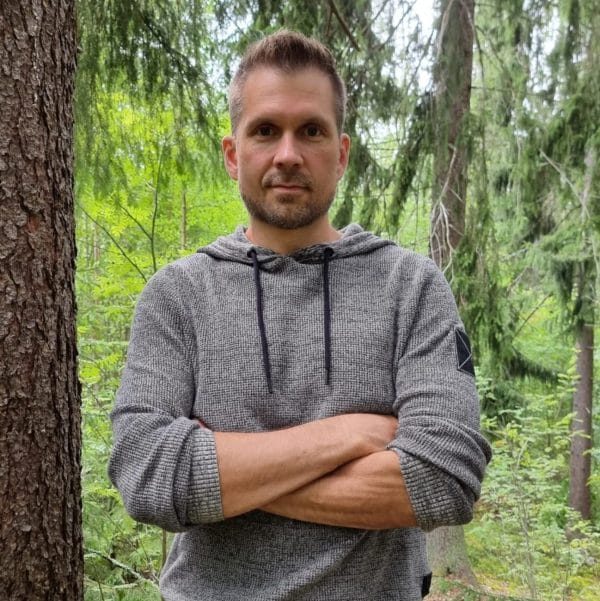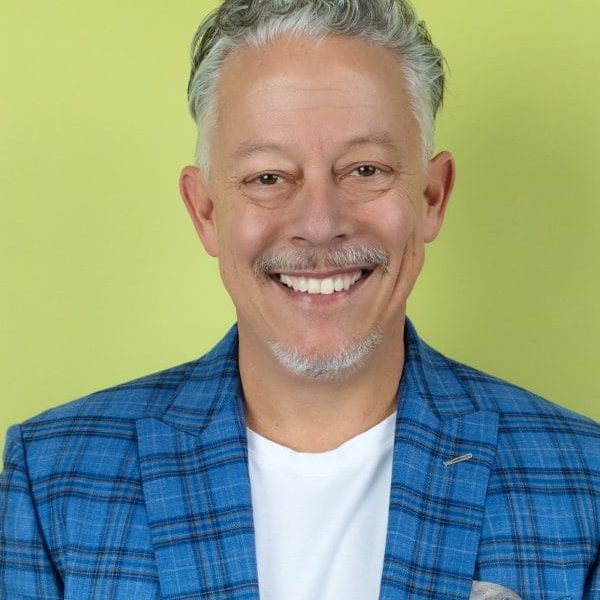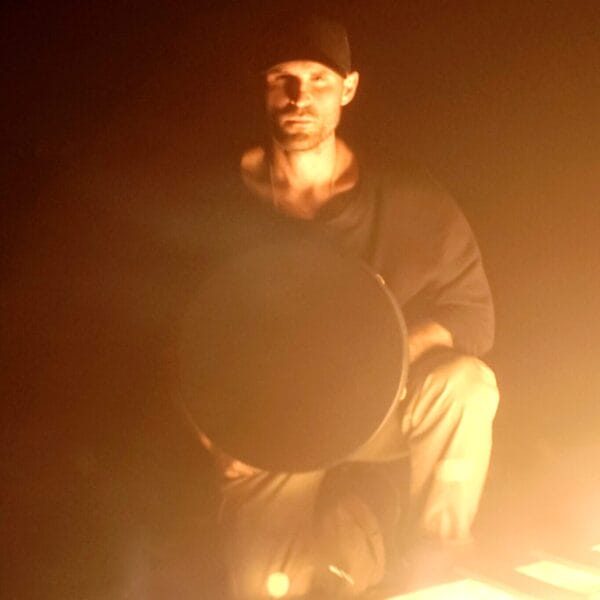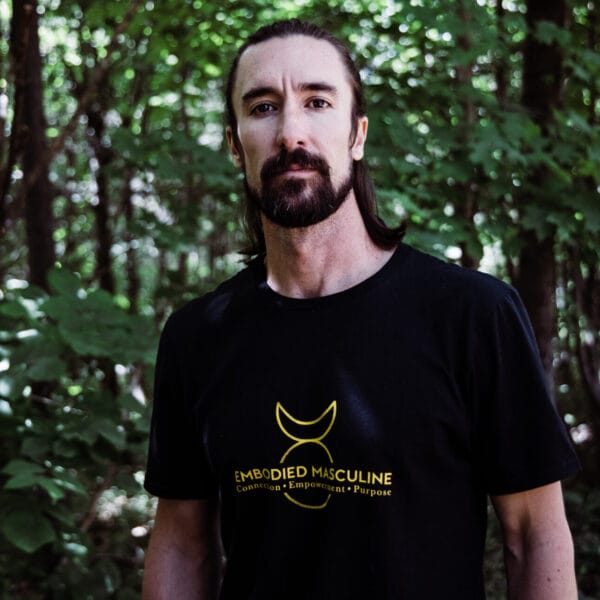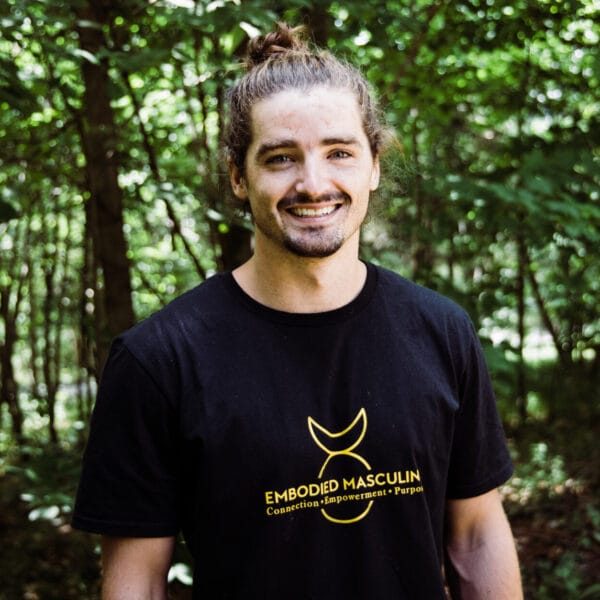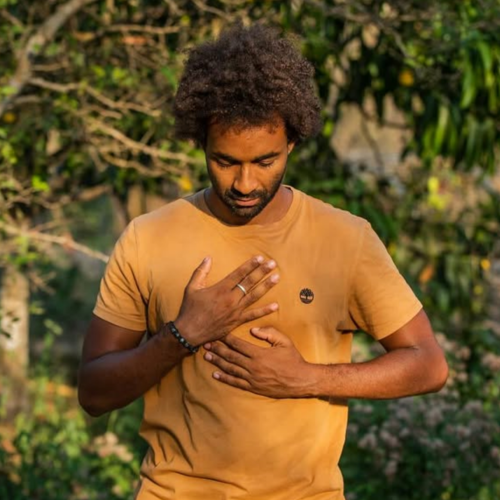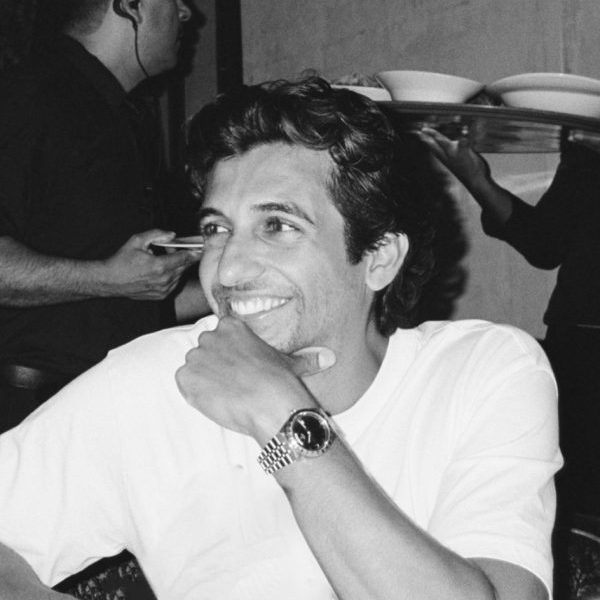Embodied Masculine Certified Facilitators
The following men have successfully completed both Level 1 and Level 2 of the Embodied Masculine™ Transpersonal Facilitator Training Program and remain in good standing.
While Embodied Masculine-certified facilitators operate independently and are not official representatives of the Embodied Masculine organization, those listed here have agreed to uphold the integrity of our work by adhering to our Facilitator Certification Code of Ethics (outlined below).

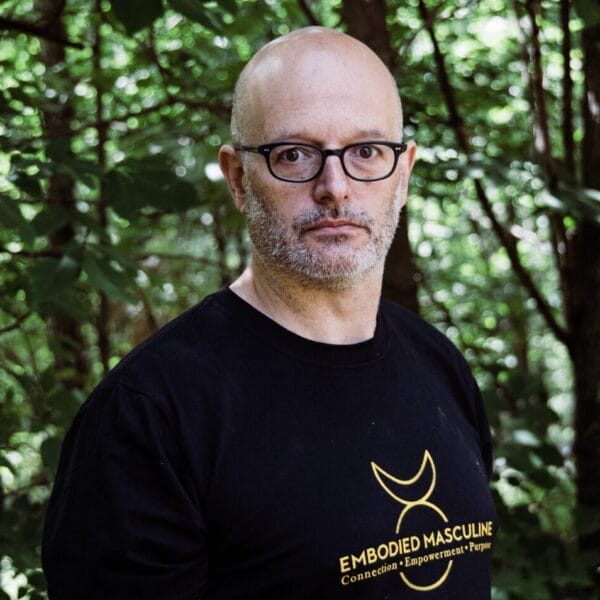
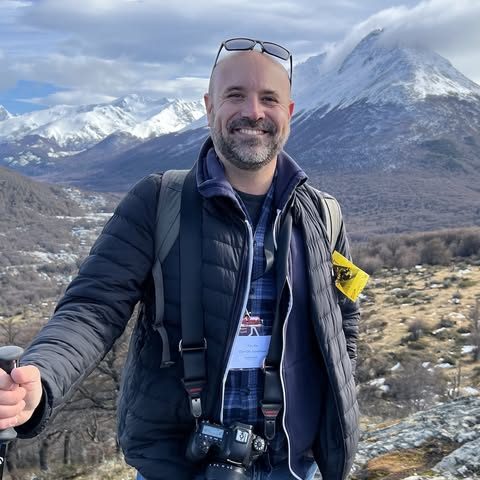
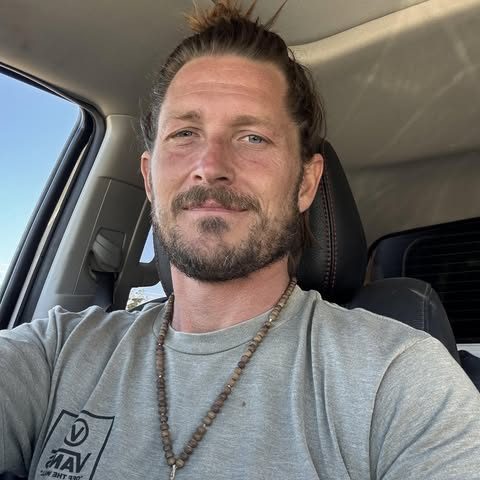
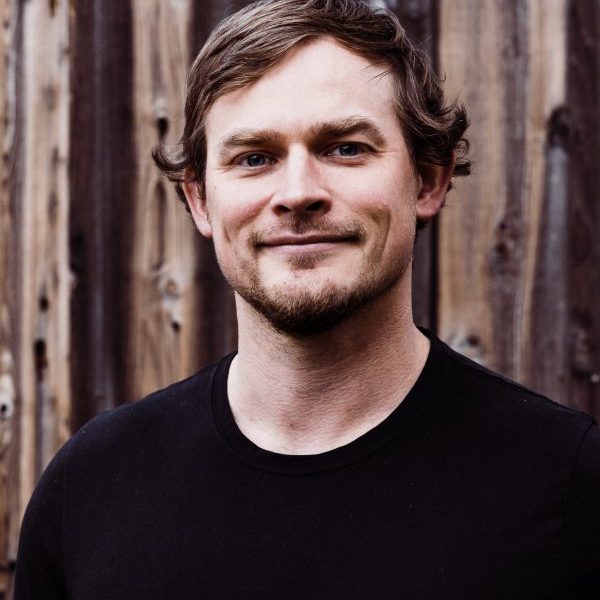
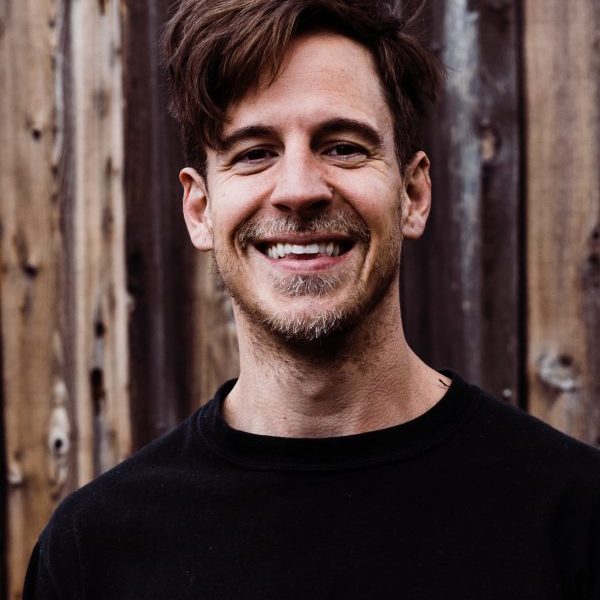
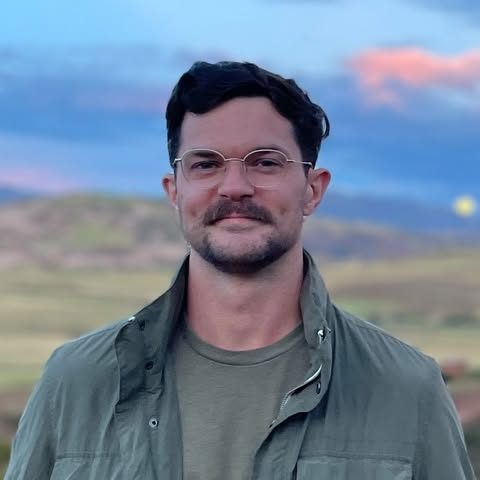
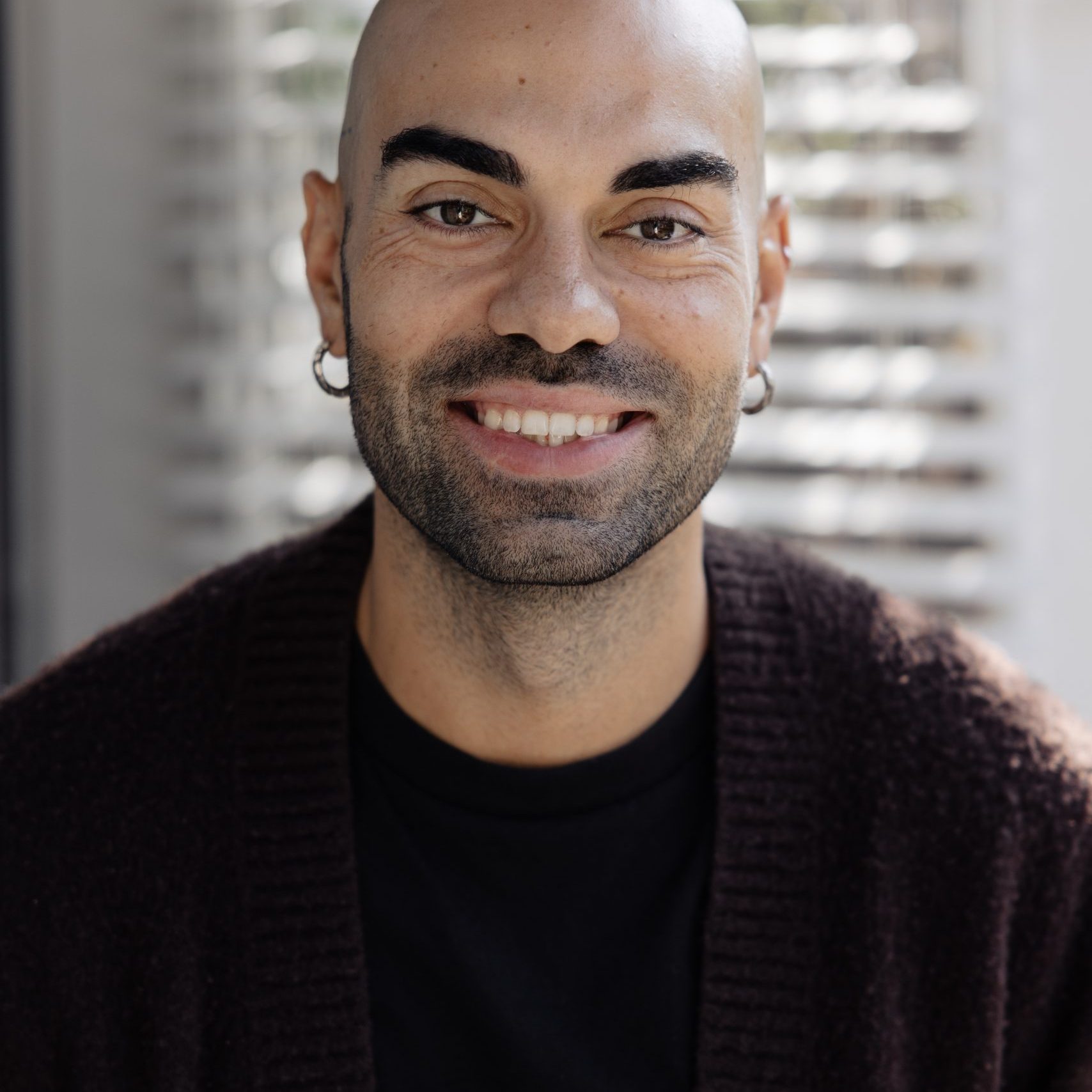
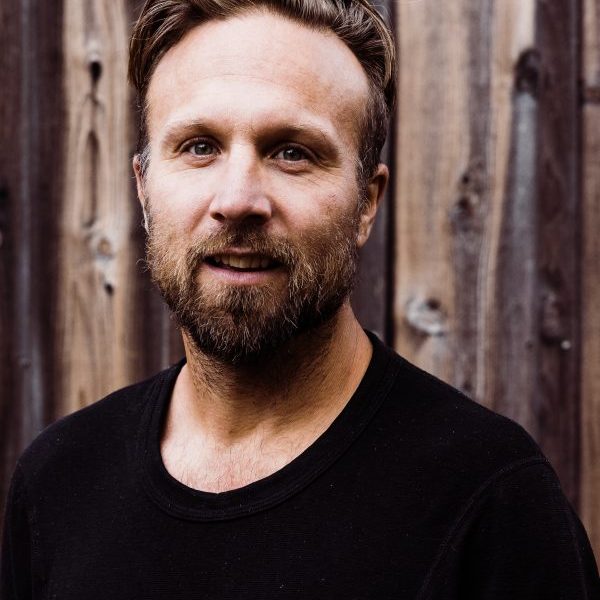

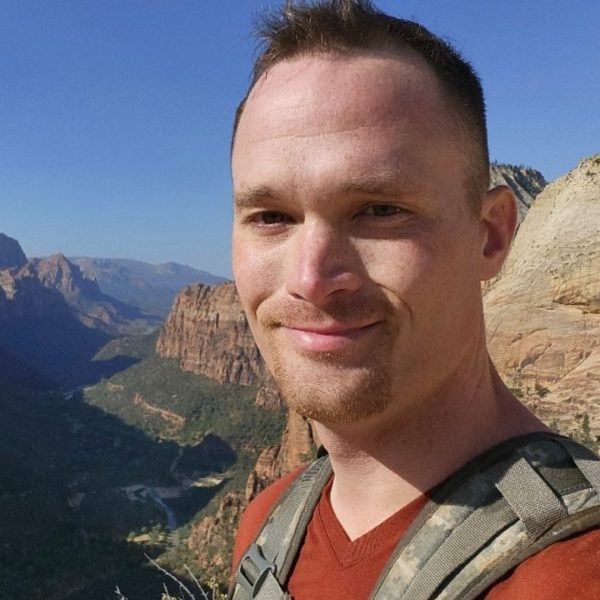
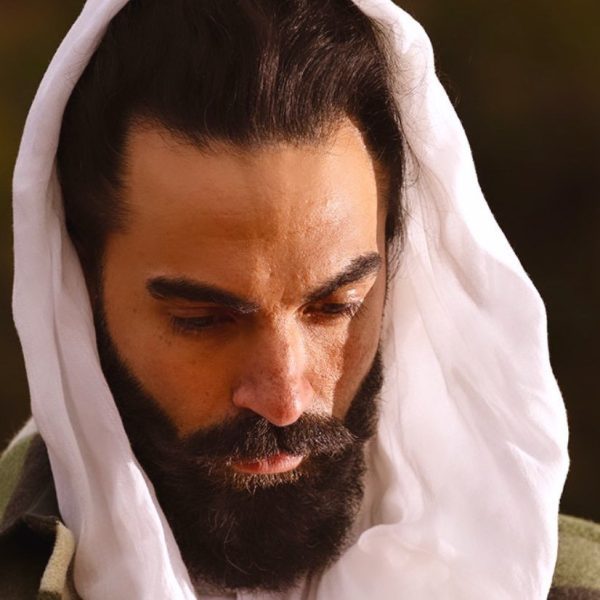

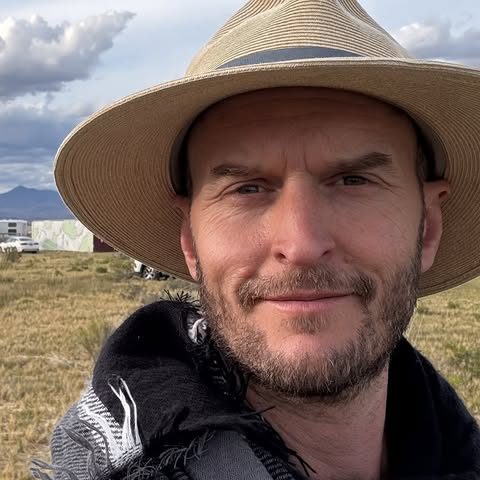


Embodied Masculine™ Certified Facilitator Code of Ethics
As an Embodied Masculine™ Certified Facilitator, you are entrusted with carrying the lineage, principles, and sacred responsibility of this work. This Code of Ethics represents a living standard by which you are called to embody your role in service to others with the highest levels of integrity, presence, and conscious masculinity.
1. Commitment to Personal Development
Continuous Growth:
Facilitators are expected to remain committed to their own evolution—emotionally, spiritually, mentally, and physically. This means engaging in practices, mentorship, and inquiry that deepen self-awareness, challenge ego structures, and strengthen one's ability to hold space for others. Your personal embodiment becomes the foundation of your facilitation. Without your own growth, the efficacy of your service diminishes. This path is never static; as you guide others, you too must be a willing student of life, always refining and maturing your masculine presence.
2. Integrity and Authenticity
Honesty:
Your word must be your bond. Integrity means aligning what you say, what you do, and what you believe. Speak truthfully, follow through on commitments, and never misrepresent your capacities. Participants must feel safe knowing they are being guided by someone rooted in truth—not performance or persona.
Transparency:
Clearly express your training background, lived experience, and the scope of what you offer. Avoid overstating your expertise or making claims that could create false expectations. Transparency builds trust and dismantles hierarchy, reminding participants that you are walking this path with them—not above them.
3. Respect for Participants
Confidentiality:
The sacred nature of this work demands the utmost respect for participants’ vulnerability. What is shared in circle or during private sessions must remain private. This includes stories, emotions, personal history, and expressions of trauma. Holding confidentiality is a profound act of guardianship, a demonstration that you are worthy of their trust.
Non-Discrimination:
All beings deserve respect and dignity. Facilitators must approach each individual without bias, offering an inclusive space where diversity of experience, identity, and background is not only welcomed but honored. Mature masculinity transcends prejudice and sees the soul beyond the labels.
4. Professional Boundaries
Appropriate Relationships:
Facilitators must maintain clear relational boundaries. Dual relationships—such as becoming close friends, financial partners, or authority figures outside the facilitation context—can cloud judgment and impact the integrity of the space. Always consider the power dynamics involved and err on the side of humility and care.
Sexual Conduct:
No romantic or sexual relationships are to be initiated with current or recent participants for a minimum of one year after the formal facilitation relationship ends. This policy honors the sacred trust of the container and prevents harm that can arise from unmetabolized transference, emotional vulnerability, or power imbalance.
5. Competence and Accountability
Scope of Practice:
Facilitators are to serve within the realm of their training and life experience. Do not attempt to offer clinical advice, psychological diagnosis, or trauma processing beyond your capacity. Instead, know when to refer someone to a qualified therapist or medical professional. This humility protects both you and the participant.
Accountability:
When mistakes are made—as they inevitably are—own them fully. Be willing to receive feedback, to reflect, to repair, and to course-correct. When needed, seek out supervision, peer review, or council with trusted elders. The strength of a facilitator lies not in perfection, but in accountability and repair.
6. Ethical Practice
Conflict of Interest:
Facilitators must disclose any situation where personal interest could interfere with objectivity or the integrity of the work. This includes financial interests, close personal ties, or competing loyalties. Transparency and clear communication are required to ensure that the sacred space of facilitation is not compromised by hidden motives.
Upholding Standards:
Facilitators are expected to follow all legal and ethical regulations, including those governing group work, informed consent, liability, and participant safety. Furthermore, you are called to align with the values and practices upheld by the Embodied Masculine™ lineage, serving as an ambassador of this work in both word and deed.
7. Commitment to Community
Supportive Environment:
Create and maintain a space that feels safe, inclusive, and generative for all who enter. This includes how you set up your physical or virtual container, how you engage group dynamics, and how you respond to emotional or energetic disruptions. A mature facilitator is a steward of group safety and collective trust.
Collaboration:
You are part of a larger field of men committed to collective awakening. Rather than operate in isolation or competition, seek opportunities to collaborate, share wisdom, and uplift the work of your peers. The masculine in service does not isolate itself in ego but recognizes the power of brotherhood and aligned leadership. This work is part of a greater mission to heal masculinity in our culture—and that cannot be done alone.
Final Note
By living into this Code of Ethics, you uphold the soul of this work and protect the integrity of the sacred spaces you are called to lead and hold. Certified facilitators in good standing will be listed publicly on the Embodied Masculine™ website as a reflection of this trust. Those who fall out of alignment with these principles may be removed to protect the sanctity of this lineage and those we are called to serve.
This is not just a set of rules—it is a devotional path of integrity, humility, and sacred responsibility.
If you have a formal complaint about a listed facilitator who may not be in good standing, please inform us immediately by sending an email to TFTP@embodiedmasculine.com (subject: TFTP Formal Complaint). We will thoroughly review the allegations and take appropriate action if necessary, including removal of certification and removal from our website if warranted.
"In one sense, the voyage of self-discovery is solitary, but that doesn’t mean you have to take it all alone. A lot of men suffer silently when they are in creative chaos and feel something is wrong with them because they don’t realize other men are experiencing a similar disintegration of the old modes of masculinity. In matters of the psyche and spirit, taking the journey and telling the story go hand-in-glove, and that is why we need a listening community in order to make our solitary pilgrimage. The most powerful resource we have for transforming ourselves is honest conversation between men and men, women and men, men and women."
— Sam Keen, Fire In The Belly
"Being a part of a supportive men's group can be an extremely rewarding, humbling and transformative experience. To have like-minded, loving men who are as dedicated to their own spiritual growth as you are - who show you your blind spots, sit with you and listen to you - has the power to transform a man forever." - Amir Khalighi
Other Programs and Offerings
top trending keywords when men look for embodied masculine: online men s groups, mankind project, personal growth, group work, close friends, group meetings, real friendships, men feel, start a men s group, enter your email, support group, men s group community, joining a men s group.




